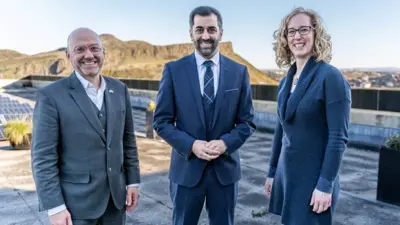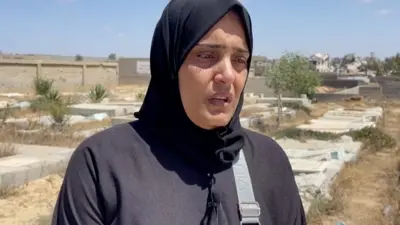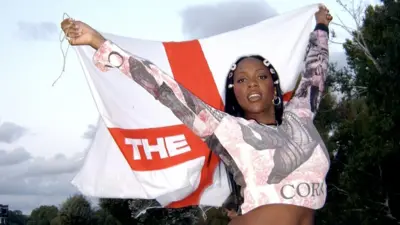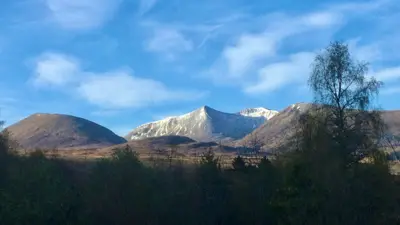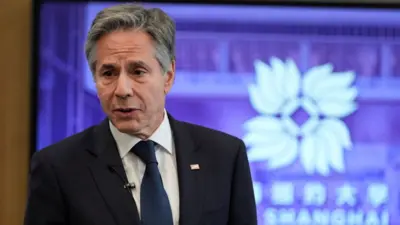We've updated our Privacy and Cookies Policy
We've made some important changes to our Privacy and Cookies Policy and we want you to know what this means for you and your data.
Tunisia protests: Hundreds arrested
Image source, Reuters
More than 200 people have been arrested across Tunisia during a second night of protests, a government spokesperson has said.
At least 49 police officers were also injured during clashes with demonstrators, the spokesman added.
People had taken to the streets to protest against the government's austerity measures.
This was despite Prime Minister Yousef Chahed's assurances that 2018 would be the last "difficult" year.
He had previously acknowledged that the country was facing extraordinary and difficult times, and promised to end economic hardship.
What is happening in Tunisia?
Protests have taken place in at least 10 different areas in the last few days. One person has died.
The protests began peacefully last week, but escalated on Monday evening.
According to reports, on Tuesday night hundreds of young people gathered in some places, with some throwing rocks, blocking roads and looting, and others torching police cars and attacking government officials, interior ministry spokesperson Khelifa Chibani said.
Image source, Reuters
Police responded by firing tear gas at the demonstrators. As many as 237 people have been arrested, including two Islamists, news agency Reuters said.
A Jewish school on the island of Djerba was also petrol bombed. It is thought the attackers were taking advantage of police attention being elsewhere. No-one was injured.
The defence ministry said the army is now protecting banks, post offices and other government buildings in Tunisia's main cities.
Why are they protesting?
The anti-austerity demonstrators are demanding the government drop the 2018 budget, which opposition groups describe as "unfair". They also want to see better welfare for Tunisia's struggling families.
The protest comes after the government announced an increase in value-added tax and social contributions in the budget.
The new financial year has also brought with it price hikes on some goods and increased taxes on imports.
One Tunisian told the BBC: "Our demands include, primarily, the scrapping of the 2018 financial law, reducing the prices of essential goods, the reversal of privatisation of state entities…, social security and health coverage for the unemployed, provision of housing for families with a limited income, and a national and strategic plan in the fight against corruption.
"If they do not answer these demands, we will call for the scrapping of parliament."
What is the economic situation in Tunisia?
Tunisia has been struggling with finances since the 2011 revolution, when Zine El Abidine Ben Ali - who ruled for more than 20 years - was forced to flee.
The revolution was sparked by the country's high unemployment rates and worries about corruption.
Image source, Reuters
Seven years on, and nine governments later, some of those same problems remain - not helped by a number of terrorist attacks which have damaged Tunisia's tourism industry and foreign investment opportunities.
In December 2017, the International Monetary Fund told Tunisia it needed to take "urgent action" and "decisive measures" to reduce its deficit.
It gave the country a $2.9bn loan in 2015.
But Prime Minister Chahed says this will be the last bad year for Tunisians.
"People have to understand that the situation is extraordinary and their country is having difficulties, but we believe that 2018 will be the last difficult year for the Tunisians," he said on Tuesday.
Top Stories
Features & Analysis
Most read
Content is not available
